Lake Monroe’s Watershed & Hoosier National Forest: Defining “Public Good”
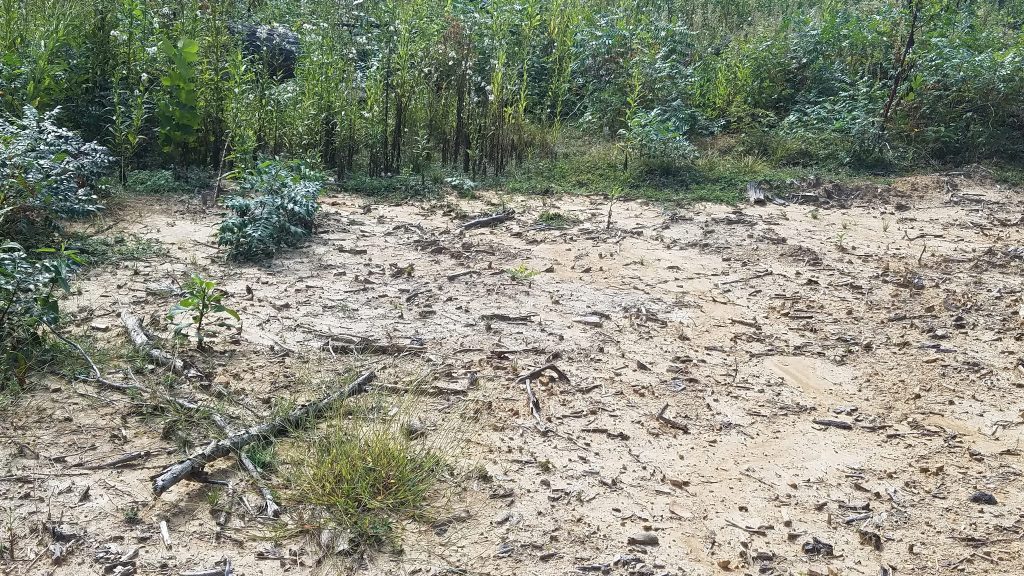
Of the 24% of the watershed that is state forest (Morgan-Monroe and Yellowwood), logging projects are completed, planned, or ongoing in both.
From Lichens to Flying Squirrels: Ecoblitz Results Reveal Complexity of an Older Indiana Forest
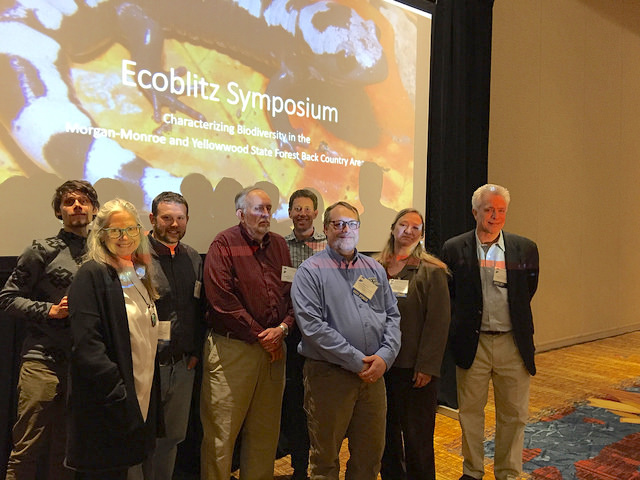
This relatively undisturbed forest in the Back Country Area (BCA) of Morgan-Monroe State Forest has great species complexity and high species richness in the absence of intense forest management. One tract of Yellowwood has been logged, but other parts of the BCA remain intact for now, and IFA will continue the Ecoblitz in these unlogged areas.
“Dear Division of Forestry…”
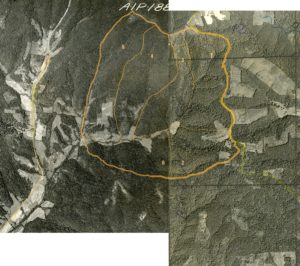
We disagree heartily with many assertions in the letter. Below, IFA Executive Director Jeff Stant addresses every point in this six-page rebuttal. Here’s Seifert’s letter, with highlights of Stant’s rebuttal inserted in blue.
A Matter of Heritage: A Forest with Civil War-Era Trees Should Not Be Logged
In the Yellowwood Backcountry Area, there stands a tree older than our nation. It’s an American Beech, 33 inches (almost three feet) in diameter. This tree, we discovered, is 238 […]
Tell the Governor Now: It’s Wrong to Log this Brown County Forest, and Here’s Why
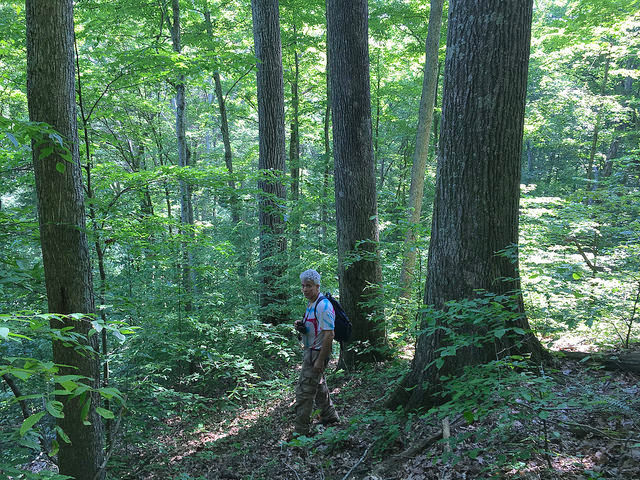
The plans will log the most remote and pristine hollow which contains tulip poplars, sugar maples and northern red oaks between 150 and 200 years old. IFA conducts part of our Ecoblitz flora/fauna survey in this area, and we know it to be exceptionally diverse in terms of animal and plant life.
The Ecoblitz: A Lichenologist’s View
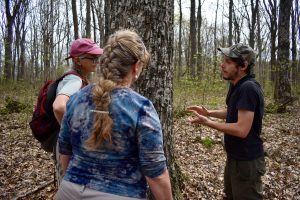
Habitat loss, deforestation, and pollution have already greatly impacted many lichen species in the United States, such that it is now more important than ever to understand where individual species occur and how rare they are.
A Chance to Preserve Rich Species Diversity
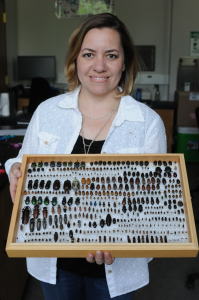
In the time that we have been identifying the specimens collected, it has become very clear that we have very limited knowledge of how many species exist in our Indiana forests. Efforts of the IFA, with help of scientists from many different institutions, have led to one conclusion: without preserving large tracts of old-growth forests, we could lose hundreds of thousands of species that rely on these forest habitats for survival.
Logging & the Indiana Bat: Mitigating Disaster

Using the precautionary principle, the EIS should evaluate alternatives that conserve enough Indiana Bat habitat in an unlogged condition to make up for any incidental take.
